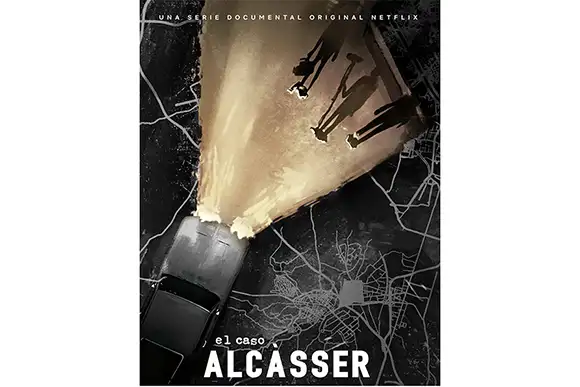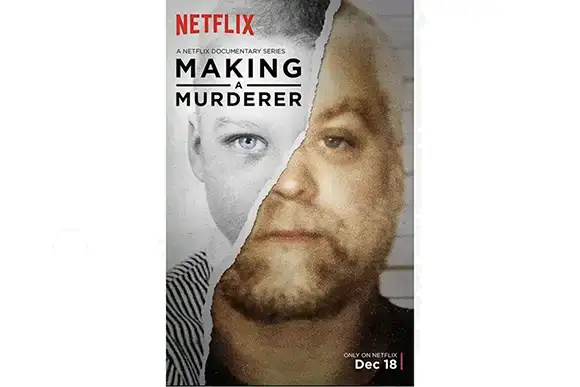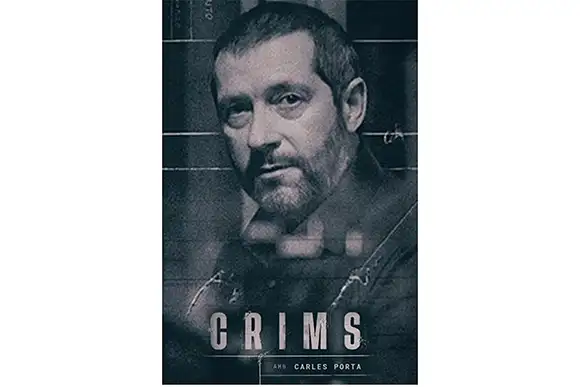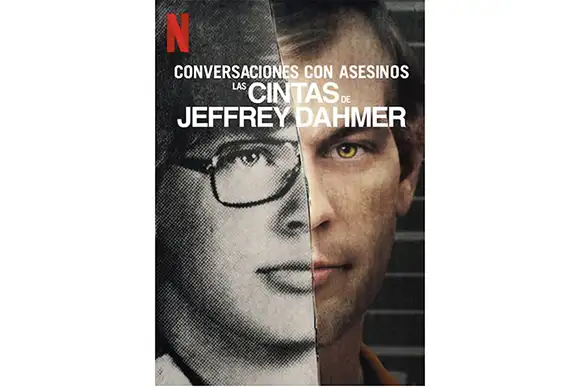
‘TRUE CRIME’: a fascination for dark plots
These are the keys to the success of ‘True Crime’, a trending genre that goes over the most resounding crimes of history to analyse them in depth.
Within the human condition, the profile of a murderer is one of the most historically controversial. From conceptions such as evil, betrayal or madness, the limits that separate moral and psychopathological behaviour, at the very least, awaken curiosity. And often, we seek to explore the motives that drive people to cross these boundaries.
For this reason, the two characteristics that any true crime should meet are its narrative, based on a real crime retold by close relatives and professionals who were linked to the case and its media coverage.
This second element is even more important, because it recovers the point of view from which it was told and the influence this had on the court proceedings. And the fact is that this genre does not only put the spotlight on the investigation, but also on the parallel conspiracy theories, the media circus or the criticisms of the institutions and the judicial system.
From Capote to Berlinger
It is difficult to talk about a specific origin for true crime. Many specialists in the genre affirm that between 1500 and 1700 there were already publications that informed readers about capital crimes, a predecessor of the incidents columns that continue in some newspapers today.
However, the first incident dealt with in an informative way could be read in the masterpiece in which Truman Capote narrated the murder of the Clutter family in Holcomb, Kansas, at the hands of Dick Hickock and Perry Smith. In Cold Blood, a journalistic-literary work that covered both the facts that took place in 1965 and the terror that invaded the neighbours and relatives of the victims, was the birth of a new way of understanding and, above all, consuming crime.
Following this, the United States has become the cradle of this documentary genre. The reason is obvious: it is by far, the country with the most serial killers in the world, ranging from the case of Lizzie Borden, in 1892, to Ted Bundy, Jeffrey Dahmer or Ed Gein, who inspired Thomas Harris for his novel The Silence of the Lambs or Robert Bloch for Psycho.
Joe Berlinger, therefore, was not the first producer who became interested in the police investigations with most media coverage, but he was the person who made the murderer’s testimony available to the public, responding to the question that usually impregnates any crime: Why did they do what they did?
In any event, it is obvious that the success of this genre could be explained by itself: the list of incidents that have terrified the world –Amanda Know, the Watts case, Tiger King, The Tindler Swindler, Bad Vegan…, or in Spain, El caso Asunta, Alcàsser, Las últimas horas de Mario Biondo, ¿Dónde está Marta?...– is so long that production of documentaries and films has not stopped since the phenomenon of The Jinx or the podcast Serial.
And now, people such as Berlinger or Carles Porta have crossed the thresholds into all our homes, inviting spectators to relive incidents that seriously question human behaviour and activate a seriously primary survival instinct in all of us.
Four essential documentaries in this genre

El caso Alcàsser
1 of 4
The disappearance of Desirée Hernández, Miriam García and Antonia Gómez in 1992, three fourteen-year-old girls who were on their way to a high school party near to the town of Alcácer (Valencia), marked a before and after in media coverage of incidents in Spain. In 2019, Netflix premiered a documentary series that once again questioned all the unknown factors behind this rape and group murder that incriminated Antonio Anglés and Miguel Ricart. This was the first Spanish documentary series that the platform added to its film archive, not only due to the repercussions it had at the time, but also to the trail of unanswered questions that it left behind it.

Making a murderer
2 of 4
This documentary series analyses the story behind the case of Steven Avery, a young American who was accused and sentenced to prison in 1982 for sexually attacking Penny Beerntsen. Eighteen years later, new DNA evidence showed his innocence and pointed towards Gregory Allen, meaning that Avery was released. Three years later another woman went missing, Teresa Halbach and after two years of investigations, Avery was sentenced for her rape and murder. Can eighteen years in prison create a murderer?

‘Crims’, con Carles Porta
3 of 4
Carles Porta is the epitome of a Spanish journalist that has formed part of the current true crime concept. Originally a radio programme on Catalunya Ràdio, his programme moved to the small screen using Porta’s voice-over as the narrative thread, submerging spectators in the four seasons in which he explained many crimes, both resolved and unresolved from the Catalan police files. After its resounding success, in 2023 he launched a documentary series centred on the media coverage of the case dealing with the Urban Police Force Crime for Netflix, as well as a project about another two media cases on Movistar.

Conversaciones con asesinos
4 of 4
The true crime format steps in and its maximum essence can be found in the series of documentaries by Joe Berlinger, which collected the testimonies of serial killers in the interviews carried out during their respective trials. The first series in 2019 was starred by one of the most famous murderers in the United States, Ted Bundy. In 2022 a second part came out that dealt with the case of John Wayne (known as the Clown), and a few months later, all the Jeffrey Dahmer tapes, which complemented the fiction series launched on the same platform about the serial killer.




